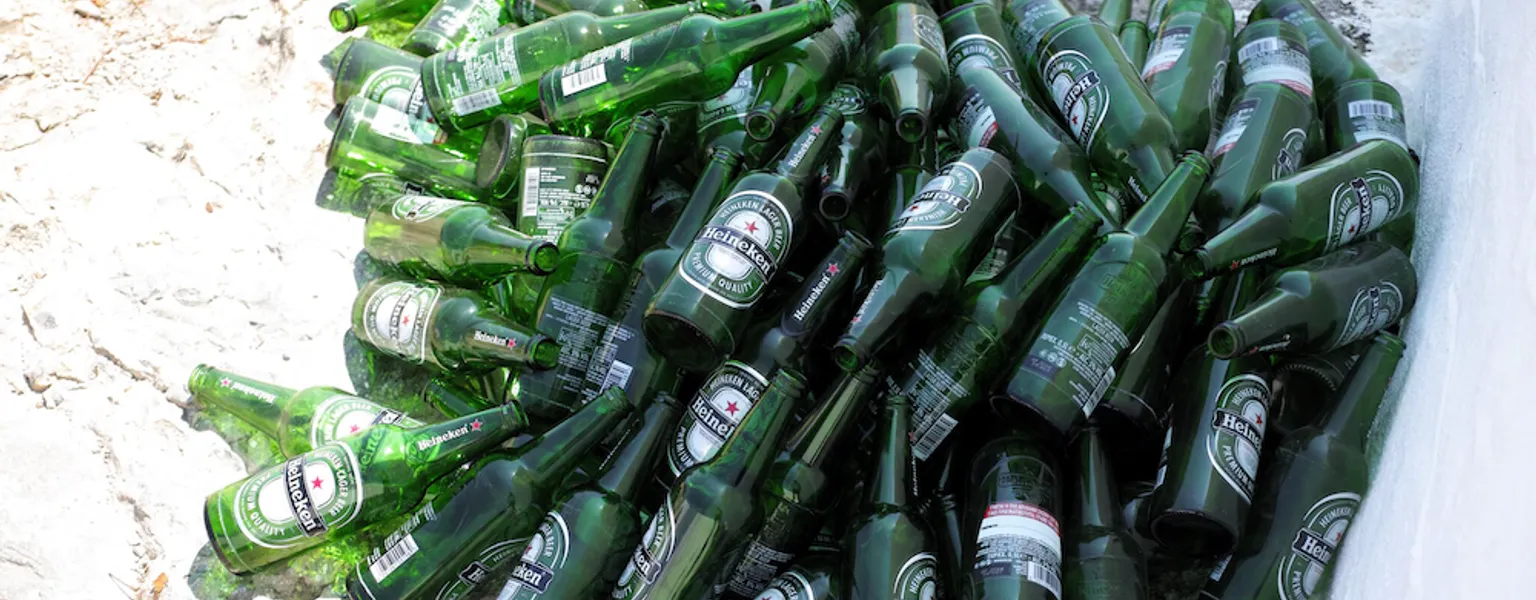UK glass industry raises concerns over new packaging tax

Business
The UK glass industry has criticised the government’s decision to pass the new Packaging Extended Producer Responsibility (pEPR) scheme, warning of severe consequences for the sector. Trade body British Glass claims the legislation, set to take effect in April 2025, will unfairly penalise glass packaging and lead to increased costs for producers and consumers alike.
The pEPR scheme aims to shift the financial burden of waste collection and recycling from local authorities to packaging producers. However, British Glass argues that the policy disproportionately impacts heavier materials like glass, which will face significantly higher fees compared to lighter alternatives such as plastic and metal. For instance, the levy on a 330ml glass beer bottle will result in a cost increase of approximately 10p per unit, after accounting for supply chain margins and VAT. In contrast, the added costs for plastic and metal packaging are expected to be minimal.
The trade body has expressed concerns that these higher costs could lead to a shift away from glass packaging—a fully recyclable material—and result in increased reliance on plastic, which is less sustainable. British Glass also warns that this move could have a ripple effect on the industry, threatening jobs within the 120,000-strong glass supply chain and driving up prices for consumers.
Chief Executive of British Glass, Dave Dalton, said: British Glass supports the principle of pEPR and that packaging waste collection and recycling needs to be reformed to deliver a circular economy for the UK.
However, this scheme will have a profound impact on competitiveness against other packaging formats – leading to job losses predominantly in the UK’s manufacturing heartlands.
Prices will increase both for consumers and SMEs who are already operating on wafer-thin margins.
According to British Glass, the fee disparity is stark: levies on glass beverage packaging are projected to be 49 times higher than those for other materials. This could incentivise brands to abandon glass packaging in favour of cheaper alternatives, potentially undermining the UK’s environmental goals.
The effect on the environment is equally depressing. The Government has a plan for a circular and zero-waste economy, yet the pEPR policy will incentivise more plastic – which is less circular than glass. We urge the Government to re-think this policy and meet with businesses and British Glass as a priority.
The industry body, alongside several food and drink producers, had previously raised these concerns with MPs and ministers but claims they were overlooked during the legislative process. It now fears the new tax will not only increase inflation but also jeopardise the sustainability of the glass sector.
As the pEPR scheme’s implementation approaches, British Glass continues to advocate for a more balanced approach to packaging fees that accounts for both economic and environmental considerations.
Read the full release by British Glass here.
Related News
-
Sustainability
Keep Britain Tidy urges full support for deposit return scheme implementation
-
Business
MPMA: EPR fees threaten the future of metal food cans
-
Business
Packaging legislation – costs, customers and reconfiguration
-
Business
Mandatory labelling – removing confusion, reinforcing circularity
-
Events
Countdown to Packaging Innovations & Empack 2025 begins




